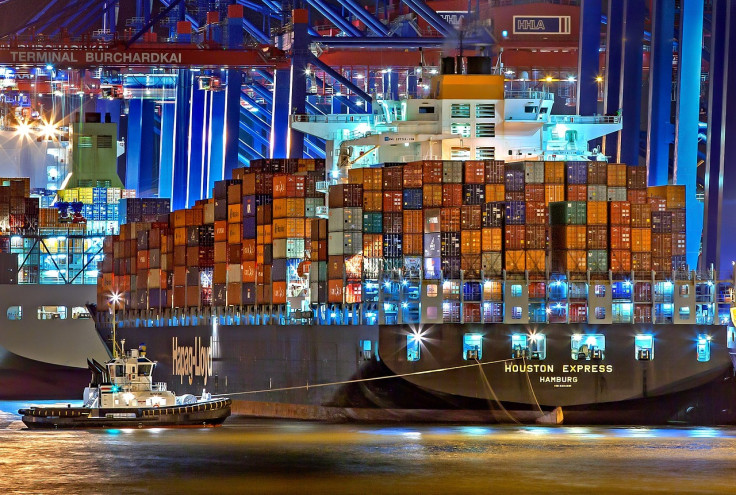E-Commerce Business Owners Caught in the Sea of Confusion of Freight
The digital revolution has unlocked significant opportunities for businesses worldwide, with e-commerce emerging as a key beneficiary of this transformative shift. Small to midsize businesses have especially seized the potential of online commerce, reaching beyond their geographical confines to serve customers globally. However, the growth and prosperity of these ventures aren't solely hinged on their online presence or product portfolio. A crucial factor defining their success lies in the shadows of their operations - logistics and freight planning.

Freight planning, at its core, is a complex, multi-layered process that demands thorough consideration of various elements, including transit times, costs, modes of transport, and the most efficient route. These factors exponentially compound when looking through the lens of e-commerce businesses. Their diverse product offerings, coupled with the necessity to cater to an expanding customer base across known and unknown territories, turn freight planning into a highly intricate operation.
A recent global survey conducted in April 2023 by Fluent Cargo, a provider of simplified logistics planning software, brought this complexity into sharp focus. It shed light on the time-consuming nature of freight planning, with nearly 14% of logistics industry professionals, including freight forwarders, beneficial cargo owners (BCOs), and third-party logistics service providers (3PLs), spending over 45 minutes daily on web research alone. This finding underscores the scale of the challenges that small to midsize e-commerce businesses face in their freight planning endeavors.
Andy Greig, Fluent Cargo's CTO, succinctly encapsulates these challenges: "Freight planning is an intricate process. For small to midsize e-commerce businesses, the challenge magnifies. They aren't just moving goods from point A to B. They're grappling with costs, schedules, and occasionally, the complexities of shipping to unfamiliar jurisdictions."
This labyrinth of freight planning takes on a new dimension when viewed against the backdrop of evolving customer expectations. The modern e-commerce customer demands quick, reliable, and efficient delivery services, irrespective of their location. These heightened expectations place small to midsize e-commerce businesses in the eye of the storm, pushing them to enhance their proficiency in freight planning.
The survey results echo this narrative. It revealed that 65% of respondents identified shipments to unfamiliar destinations as the most time-consuming task. Additionally, 47% of logistics professionals cited international shipments as a significant concern. These findings not only reflect the challenges of geographical expansion for e-commerce businesses but also the pressure they face in fulfilling increasing customer expectations.
Further complexities arise from the types of cargo involved in freight planning. The survey found hazardous goods to be a primary concern, with 52% of respondents seeking assistance online. Oversize cargo shipments also presented significant challenges.
However, these businesses do not have to face this monumental task alone. The survey strongly underscores the need for innovative, user-friendly solutions in freight planning. Such solutions could reduce the time and effort required for logistics planning and allow these businesses to focus on their core operations and customer service.
As e-commerce continues to evolve and customer expectations keep ascending, the significance of freight planning will only amplify. As such, the imperative for streamlined and efficient freight planning processes has never been more urgent. This pressing need for change presents a significant opportunity for the logistics industry to innovate, providing small to midsize e-commerce businesses with the tools they need to thrive.
Given these challenges, it's clear that the realm of e-commerce logistics is no longer a battlefield reserved for logistics experts alone. Small to midsize e-commerce business owners and operators need to become logistics-savvy to navigate this intricate landscape successfully. By harnessing this expertise and using the right tools by companies like Fluent Cargo and others, they can significantly improve operational efficiency, reduce costs, and crucially, enhance their ability to meet rising customer expectations.





















